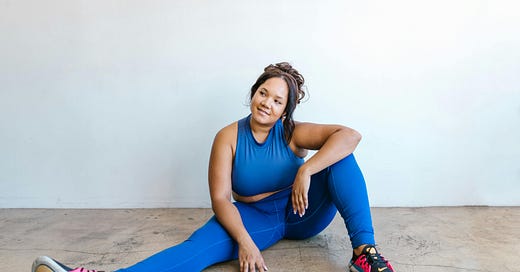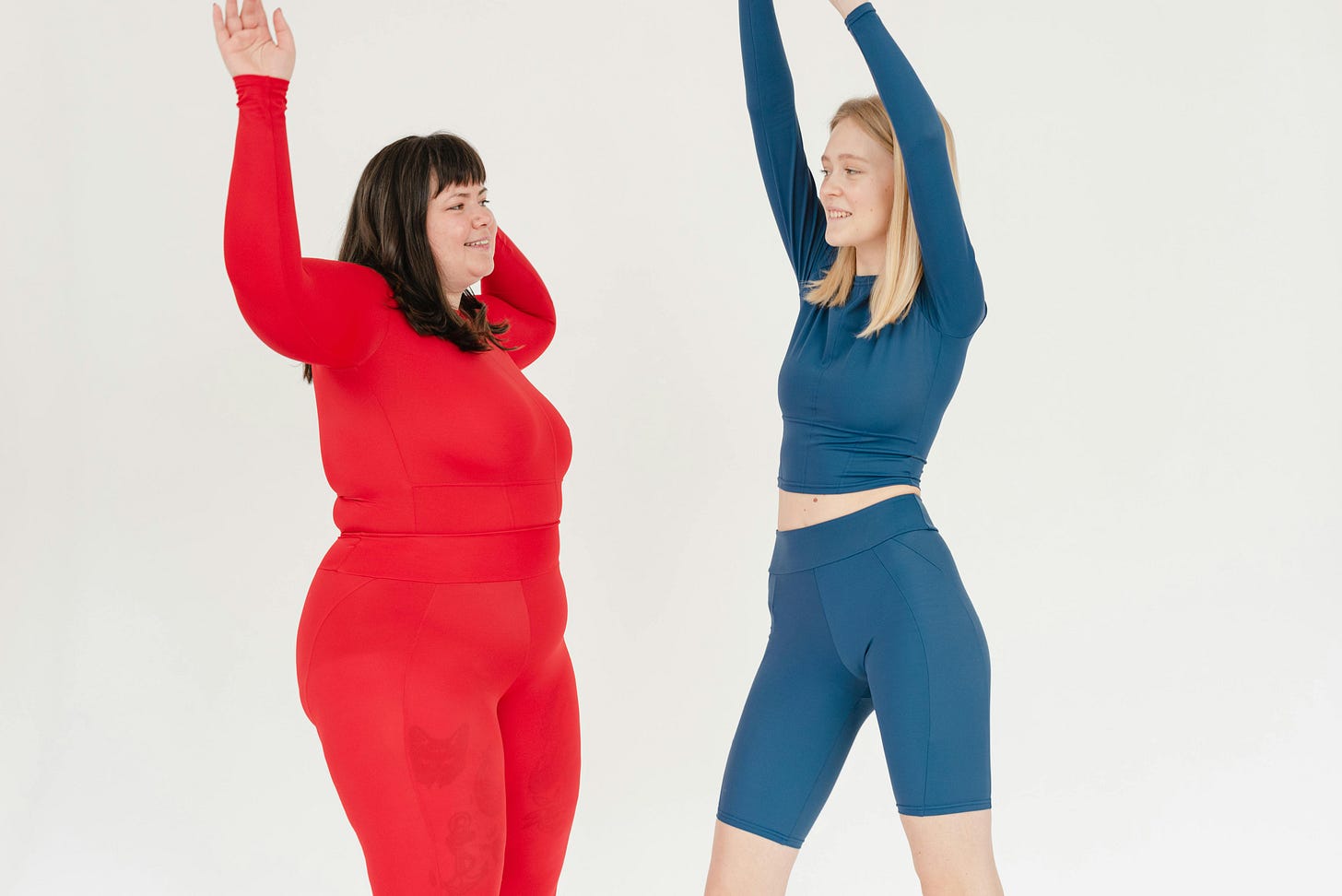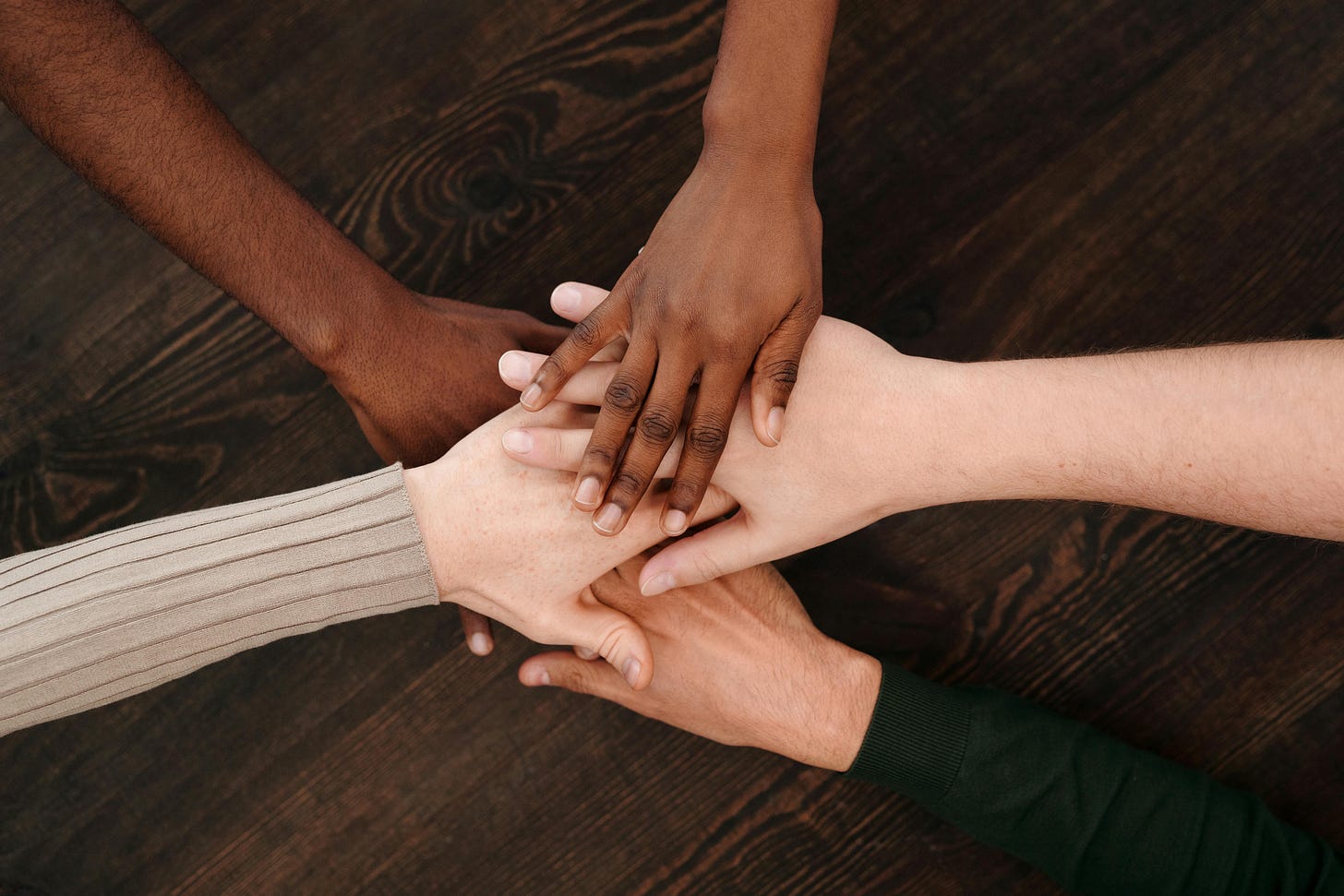Imagine scrolling TikTok and seeing people use a "chubby filter" to joke about how they'd look with more weight. Now imagine another filter that makes people look thinner, celebrated as a "glow-up."
The message is clear: one body type is a joke, the other is a goal.
After major backlash, TikTok pulled the viral "chubby filter," which altered appearances to make people look heavier. Many users found it demeaning, with one person sharing how it made her feel "disgusting" about her own body.
Meanwhile, AI filters that make people look thinner continue to circulate, reinforcing the idea that smaller equals better. Experts warn that these filters fuel diet culture, body dysmorphia, and disordered eating.
When AI tools start shaping our self-perception, it’s easy to lose sight of what actually makes us feel good in our bodies. Both extremes—the filter that adds weight and the one that takes it away—send harmful messages about what’s "acceptable."
It’s a step in the right direction that TikTok listened and pulled the chubby filter, but the conversation about AI and body image isn’t over. Social media should be a space that uplifts, not one that makes people question their worth based on an algorithm’s version of "better."
Watch our play “The First Woke War”
We’re getting ready for our next shows in October during UK Black History Month. Want to support? Check out our corporate sponsorship packages here.
New Episode of Techish Podcast
Catch us in action on YouTube.
Playschool Accelerator
If you’re a founder of an impact-driven business and want help from experts like our founder Abadesi to reach the next level, join our Playschool accelerator this autumn. Waitlist now open, sign up here.
Founder Masterclass
Check out Abadesi’s B2B Sales Masterclass on-demand for help on growing your business.
Free Resources
Want to get in touch?
Schedule a call with our founder & CEO Abadesi Osunsade here
Follow us on LinkedIn, Instagram, X (Twitter), YouTube






